Traveling abroad for cosmetic surgery can be tempting due to lower costs and exotic locations. Many people choose this option each year. But it’s basic to weigh the risks and benefits carefully.
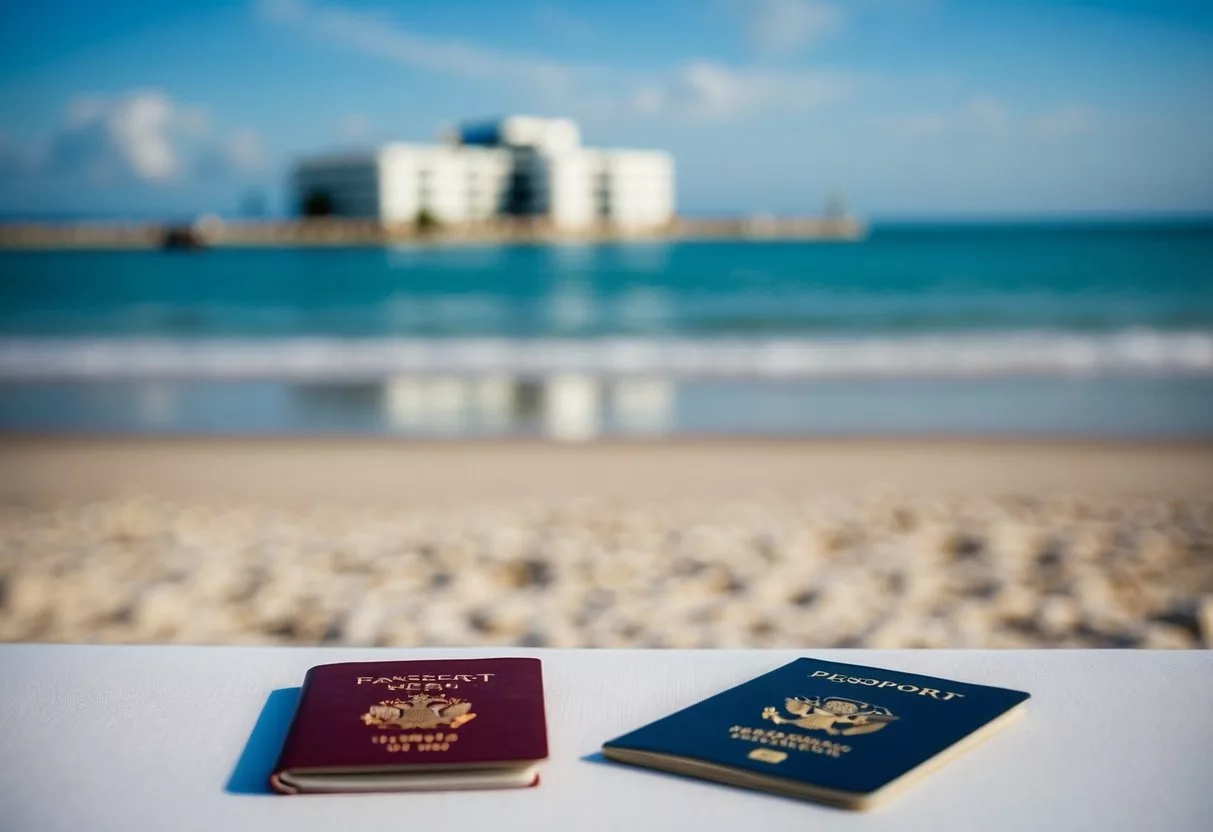
Before getting cosmetic surgery abroad, it’s essential to research thoroughly and choose a qualified surgeon and accredited facility. Safety protocols may vary in different countries[1], so it’s important to ask questions and understand the potential risks.
Keep in mind that traveling long distances after surgery can increase health risks[2]. It’s vital to plan for proper recovery time and follow-up care. Being prepared and informed can help ensure a safer experience with better outcomes.
Key Takeaways
- Research the surgeon, facility, and country’s medical standards before booking a procedure
- Plan for adequate recovery time and follow-up care after the surgery
- Consider potential risks and complications associated with traveling for cosmetic procedures
Medical Tourism for Cosmetic Surgery
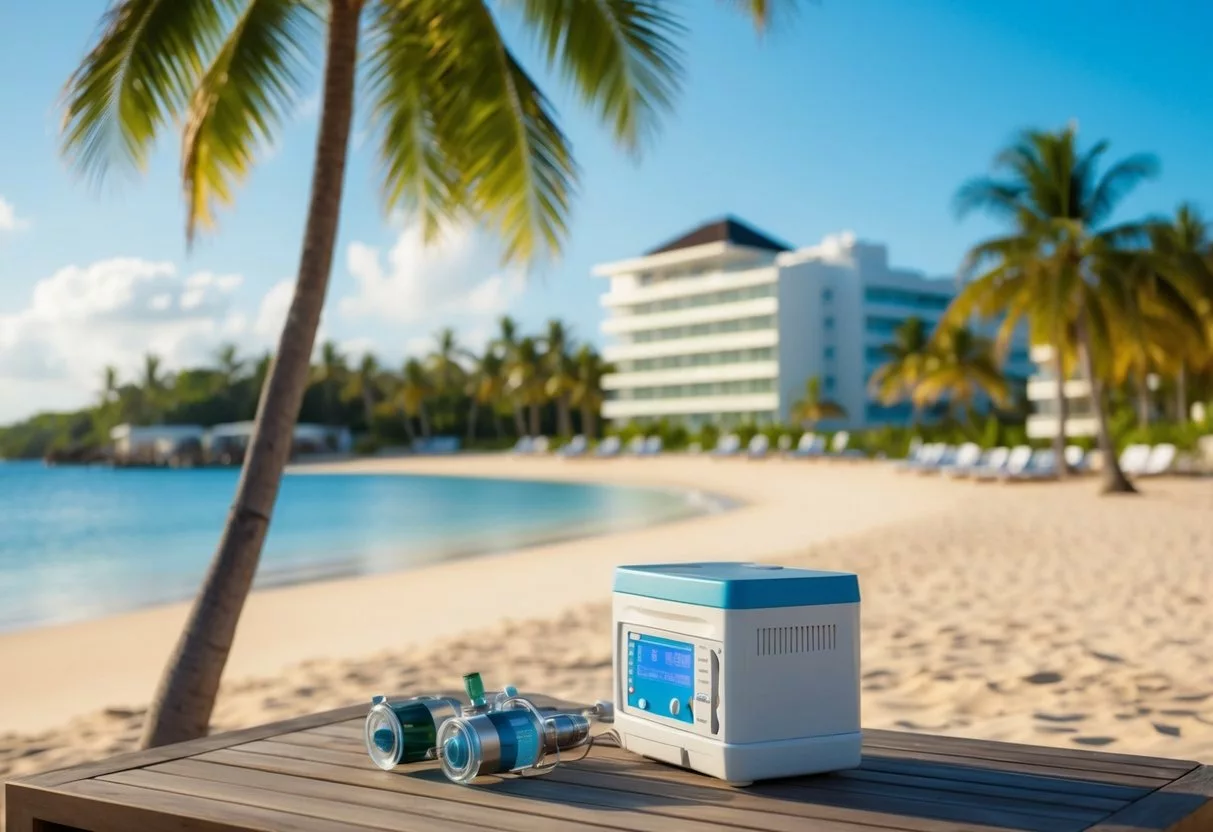
Medical tourism for cosmetic procedures is growing in popularity. People travel abroad to get surgeries at lower costs while enjoying new places.
Benefits and Popularity
Medical tourism offers several perks for those seeking cosmetic surgery. The main draw is cost savings. Many countries provide high-quality care at much lower prices than in the U.S.
Patients can save 40-80% on procedures. This makes expensive surgeries more affordable. Some people also like the idea of combining surgery with a vacation.
Popular treatments include:
- Facelifts
- Breast augmentation
- Tummy tucks
- Liposuction
The number of people getting cosmetic surgery abroad[2] has risen in recent years. Improved technology and standards in many countries have helped this trend.
Key Destinations and Their Appeals
Top spots for cosmetic surgery tourism include:
- Thailand
- Mexico
- Brazil
- South Korea
- Turkey
These countries attract patients for different reasons. Thailand is known for its friendly service and tropical setting. Mexico offers proximity to the U.S. and affordable prices.
Brazil is famous for its skilled plastic surgeons. South Korea leads in facial procedures and advanced tech. Turkey provides a mix of European and Middle Eastern cultures along with modern facilities.
Each place has its own strengths. Patients should research carefully to find the best fit for their needs and budget.
Choosing the Right Plastic Surgeon and Facility
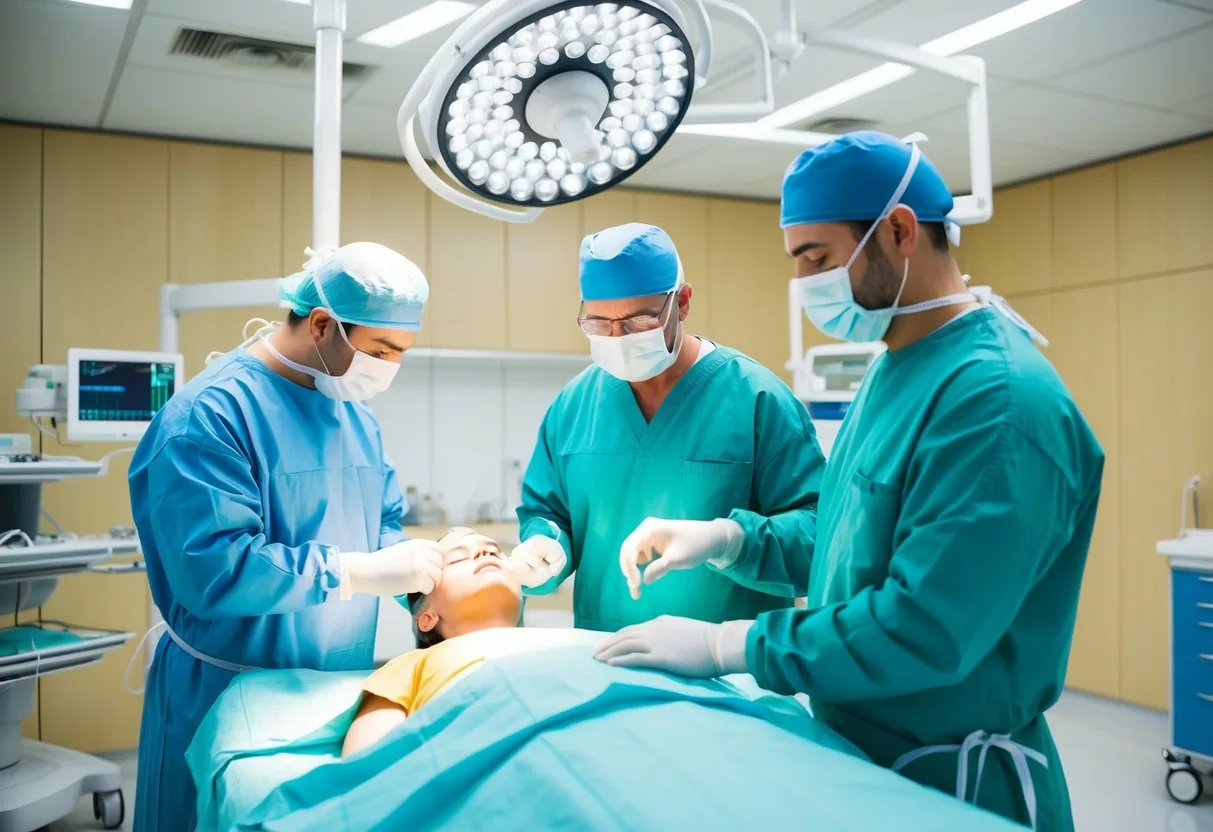
Selecting a qualified plastic surgeon and reputable facility is crucial for safe cosmetic surgery abroad. This choice impacts your results and overall safety. It requires careful research and consideration of key factors.
Importance of Board Certification and Accreditation
A board-certified plastic surgeon has met high standards of training and expertise. Look for surgeons certified by recognized boards in their country. In the U.S., this is the American Board of Plastic Surgery.
Accreditation matters for surgical facilities too. It shows they meet safety and quality standards. Accredited facilities[3] have proper equipment and follow strict protocols.
When going abroad, check if the surgeon completed an accredited plastic surgery residency. This ensures thorough training in aesthetic procedures.
Ask if the surgeon speaks fluent English. Clear communication is vital for understanding your goals and risks.
Researching Surgeon Credentials and Facility Standards
Start by reviewing the surgeon’s education, experience, and specialties. Look for before-and-after photos of their work. These show their skill level and aesthetic style.
Check online reviews and testimonials from past patients. Be wary of overly positive or negative reviews.
Ask about the surgical facility’s standards. Key questions include:
- Is it equipped for emergencies?
- What anesthesia methods do they use?
- How do they prevent infections?
Request a virtual tour of the facility if possible. This gives you a sense of cleanliness and organization.
Verify the surgeon’s membership in professional organizations. These often have strict ethical and practice standards.
Safety and Risks

Getting cosmetic surgery abroad comes with unique risks and safety concerns. Patients need to be aware of potential complications, travel-related health issues, and communication challenges.
Common Complications in Cosmetic Surgery
Cosmetic procedures can lead to various complications[3], regardless of location. These may include infections, scarring, and allergic reactions to anesthesia.
Surgical site infections are a frequent issue. They can cause pain, fever, and delayed healing.
Poor results are another risk. This might mean asymmetry, uneven contours, or results that don’t match expectations.
In rare cases, more serious problems like organ damage or severe bleeding can occur. These require immediate medical attention.
Patients should research the specific risks associated with their chosen procedure. They should also ask about the surgeon’s experience and complication rates.
Deep Vein Thrombosis (DVT) and Blood Clots
Blood clots[2] are a serious risk when traveling for surgery. Long flights or car rides increase the chances of developing deep vein thrombosis (DVT).
DVT occurs when blood clots form in deep veins, usually in the legs. These clots can break off and travel to the lungs, causing a life-threatening pulmonary embolism.
Symptoms of DVT include:
- Swelling in one leg
- Pain or tenderness
- Warm skin in the affected area
- Red or discolored skin
To reduce risk, patients should:
- Move frequently during travel
- Stay hydrated
- Wear compression stockings
- Follow all post-surgery instructions carefully
Managing Language Barriers and Miscommunication
Language barriers can lead to dangerous misunderstandings in medical settings. Patients may struggle to communicate symptoms or understand instructions.
Using a translator is helpful, but medical terms can be complex. Even small misinterpretations can have serious consequences.
Written materials should be available in the patient’s language. This includes consent forms, pre-op instructions, and aftercare guidelines.
Patients should ask questions until they fully understand all aspects of their care. They shouldn’t hesitate to seek clarification multiple times if needed.
Navigating Legal and Ethical Considerations
Legal protections for patients vary widely between countries. This can make it difficult to seek compensation if something goes wrong.
Medical malpractice laws may be less strict abroad. Patients might have limited recourse if they experience negligence or poor care.
Ethical standards for patient care and safety can also differ. Some countries may have looser regulations on surgical practices or facility standards.
Patients should research the legal landscape of their destination country. They should understand their rights and the process for filing complaints.
It’s wise to consider medical travel insurance. This can provide additional protection and coverage for complications.
Pre- and Post-Operative Care Abroad

Getting cosmetic surgery abroad requires careful planning for recovery and follow-up care. Patients need to consider their recovery timeline and understand the required aftercare procedures.
Planning Your Recovery Timeline
Proper aftercare and recovery are crucial when having cosmetic surgery overseas. Patients should plan to stay in the country for an adequate period after their procedure.
The recovery timeline varies based on the type of surgery:
- Minor procedures: 1-2 weeks
- Major surgeries: 3-4 weeks or more
During this time, patients may need to:
- Rest and limit physical activity
- Attend follow-up appointments
- Manage pain and swelling
- Care for incisions and dressings
It’s important to avoid long flights immediately after surgery to reduce the risk of post-surgical deep vein thrombosis (DVT)[2].
Understanding Aftercare and Follow-up Procedures
Post-operative care is vital for a safe and successful recovery. Many clinics offer comprehensive aftercare plans that include:
- Regular check-ups with the surgeon
- Wound care and dressing changes
- Removal of stitches or drains
- Medication management
- Physical therapy (if needed)
Patients should ask about follow-up care before booking their procedure. It’s crucial to understand how complications will be handled after returning home.
Some clinics may offer:
- Virtual consultations
- Coordination with local doctors
- Emergency contact information
Patients should also arrange for continued care with a doctor in their home country upon return.
Completing a Cosmetic Procedure Abroad
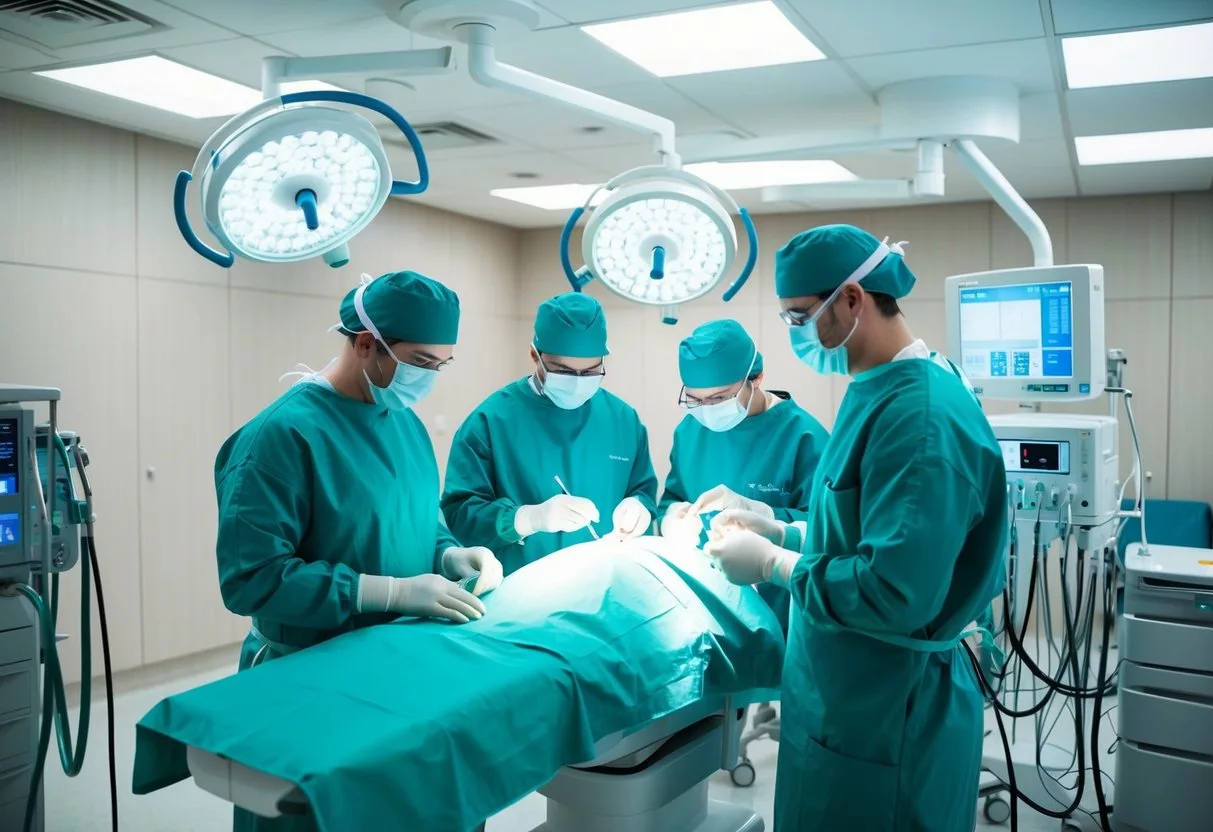
Getting cosmetic surgery in another country involves careful planning and knowing what to expect. Patients should understand the steps involved and set realistic expectations for their results.
Steps in the Surgical Procedure
The process starts with a consultation. Patients discuss their goals with the surgeon and review their medical history. The doctor explains the procedure and potential risks.
On surgery day, patients arrive at the clinic fasting. The medical team preps them and administers anesthesia. The surgeon then performs the chosen cosmetic procedure[3].
Common treatments include liposuction, breast augmentation, and facelifts. Each has specific techniques and recovery times.
After surgery, patients wake up in a recovery room. Nurses monitor their vital signs. The doctor checks the results and gives aftercare instructions.
Expectations for Outcomes and Satisfaction
Patients should have realistic hopes for their results. Perfect outcomes are not guaranteed. Swelling and bruising are normal at first.
Full results may take weeks or months to appear. Follow-up appointments help track progress. Patients should follow all care instructions carefully.
Most medical tourists report high satisfaction with overseas procedures. Good research and choosing skilled surgeons leads to better outcomes.
Complications can happen, though they’re rare with qualified doctors. Having a plan to handle any issues is important.
Frequently Asked Questions
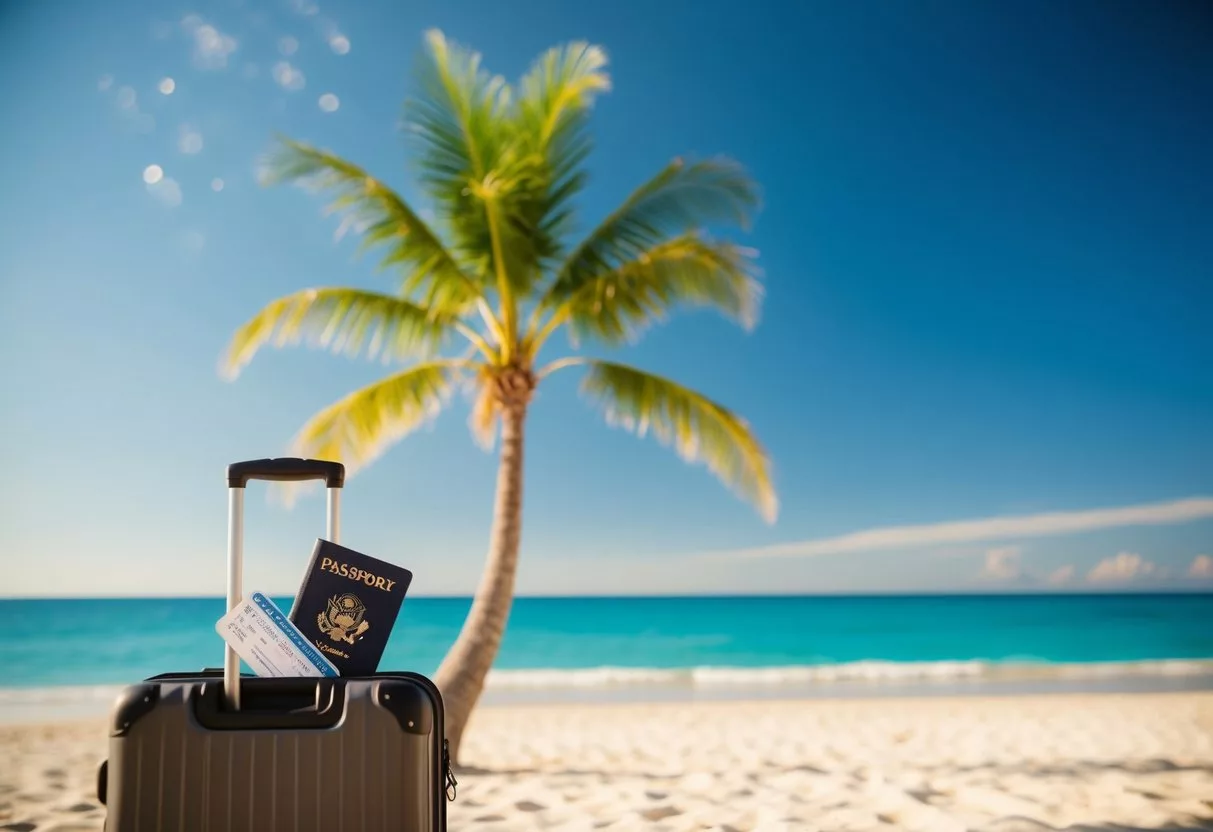
Getting cosmetic surgery abroad involves careful planning and consideration. Safety, quality, and cost are key factors to weigh when making decisions about procedures in foreign countries.
What are the essential factors to consider when choosing a country for cosmetic surgery?
When selecting a country for cosmetic surgery, look at the quality of healthcare facilities. Check for international accreditation and standards of care.
Consider the country’s regulations on medical practices and patient safety. Research the availability of experienced surgeons and modern medical technology.
How do I verify the qualifications and certifications of a plastic surgeon abroad?
Ask about the surgeon’s specific training in cosmetic procedures[4]. Verify their credentials through recognized international plastic surgery boards.
Request proof of their certification and experience. Look for surgeons who have completed accredited residency programs in plastic surgery.
What are the potential risks and complications associated with getting cosmetic surgery in a foreign country?
Risks include infection, poor outcomes, and complications during recovery. Language barriers can lead to misunderstandings about procedures and aftercare.
Travel after surgery may increase the risk of blood clots. Limited follow-up care can make it difficult to address post-operative issues.
How does the cost of plastic surgery compare between domestic and international clinics?
Cosmetic surgery abroad often costs less than in one’s home country. This can include the price of the procedure, travel, and accommodation.
However, insurance coverage varies. Patients must factor in potential costs for complications or revision surgeries.
What should one know about post-operative care and follow-up when undergoing surgery abroad?
Plan for adequate recovery time before traveling home. Understand the clinic’s policies on follow-up care and communication.
Arrange for a local doctor to provide post-operative care upon return. Be prepared for potential language barriers during recovery.
Are there specific legal or insurance considerations to be aware of when opting for cosmetic surgery overseas?
Check if your health insurance covers procedures or complications abroad. Understand the legal recourse available if something goes wrong.
Research the country’s medical malpractice laws. Consider purchasing travel health insurance that covers medical procedures.
References
- Risks to consider before getting plastic surgery abroad | Prevention. https://utswmed.org/medblog/plastic-surgery-medical-tourism/ Accessed October 26, 2025
- How to Stay Safe When Traveling for Cosmetic Surgery. https://www.americanboardcosmeticsurgery.org/cosmetic-medicine/stay-safe-traveling-cosmetic-surgery/ Accessed October 26, 2025
- Guidelines for Plastic Surgery Abroad. https://www.theaestheticsociety.org/patient-resources/safety/plastic-surgery-abroad Accessed October 26, 2025
- Guidelines For Having Plastic Surgery Abroad: Part 1. https://www.theaestheticsociety.org/safety/articles/guidelines-having-plastic-surgery-abroad-part-1 Accessed October 26, 2025
